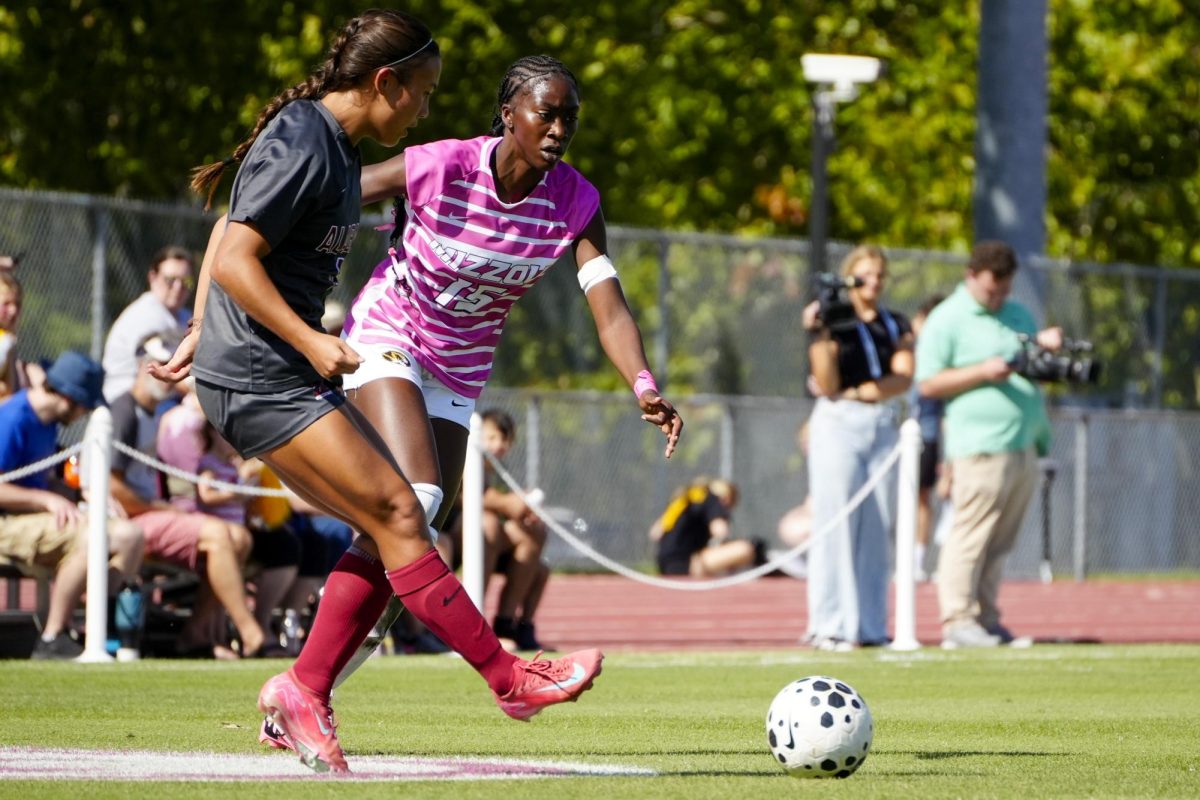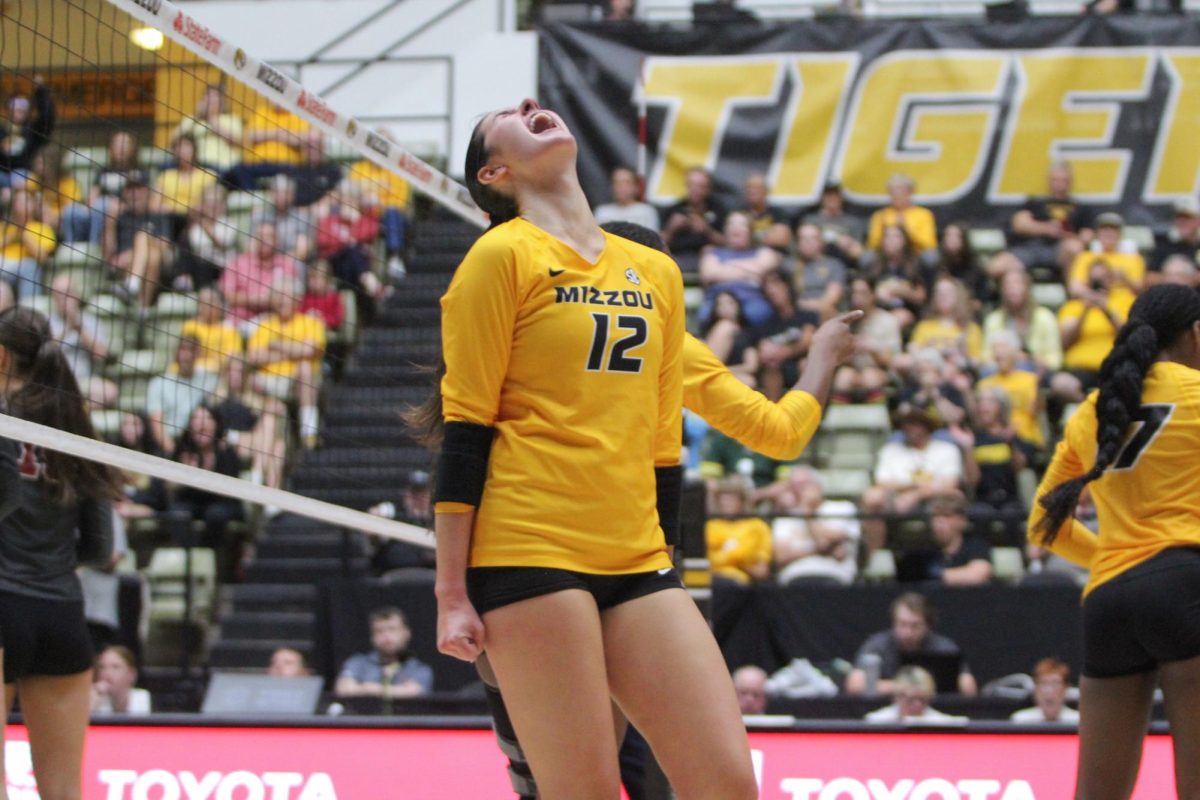The blog post, entitled “The Next Chapter,” came to the world’s attention on an otherwise uneventful Friday morning. In 400 words the author made two announcements – first, that he is gay, then, just sentences later, that he was retiring from professional soccer.
And while the reaction to Robbie Rogers’ revelations was, happily, sensible and overwhelmingly supportive, it is unfortunate that the two announcements came together and are now inextricably linked. That one, it seems, led to the other.
Those revelations leave the future uncertain for Rogers, who made 18 appearances for the United States national team and was considered one of the top players in MLS before an injury-plagued stint at English club Leeds United. But Rogers’ words did provide unfiltered insight into his soul — remarkably honest and brave, yet tormented by a painful self-awareness.
“For the past 25 years I have been afraid to show who I really was because of fear,” Rogers wrote. “Fear that judgment and rejection would hold me back from my dreams and aspirations. Fear that my secret would get in the way of my dreams. Dreams of going to a World Cup, dreams of the Olympics, dreams of making my family proud. What would life be without these dreams? Could I live a life without them?”
“Secrets can cause so much internal damage,” he continued. “People love to preach about honesty, how honesty is so plain and simple. Try explaining to your loved ones after 25 years you are gay.”
It is, by itself, a remarkably powerful post but more important was the immediate response it received. Former teammates, fans and strangers from both sides of the Atlantic took to Twitter to wish Rogers well. Several MLS teams released videos and official statements of support, saying they would welcome Rogers back should he change his mind and come back to the sport. Their reaction lends hope to the hypothesis that Rogers’ retirement had more to do with growing tired of the constant rehab that accompanied his injuries and wanting time to pursue other interests than with any fear of homophobia.
It must be said, though, that all this support for Rogers came with a certain level of disappointment in Rogers for not playing on. That sentiment seems misplaced amidst the resounding positivity of the public’s reaction and an unfair expectation for someone who is only beginning the process of overcoming his demons. But it is, at some level, a shame for Rogers to walk away from such great opportunity — a career so many would crawl over broken glass for — and a chance to lead a much-needed civil rights movement.
Maybe, though, he doesn’t want or need to be that figurehead. Maybe he doesn’t want to endure the endless interviews on his sexuality or the vile chants that some group of rogue fans would eventually unleash. Maybe he’s discovered, God forbid, that he enjoys other things more than soccer.
And you also must acknowledge that someone will still feel the full effect of Rogers’ actions in the future, whether it is Rogers himself after coming back or another player after coming out. It’s a day that will come sooner because of the response Rogers has received, for future gay athletes can now be assured that any fear of publicly displayed hostility was overblown, and that they will receive similar goodwill if they come out.
In any case, Rogers’ courage shouldn’t force him to become the face of a civil rights movement that a whole society must lead. He’s already brought attention to the issue of homosexuality in sports and got important individuals pledging to accept and improve working conditions for those in his situation. That’s more than most professional athletes ever achieve in their careers, and that’s why he deserves to proudly step away from sports and into the next chapter of his life.







